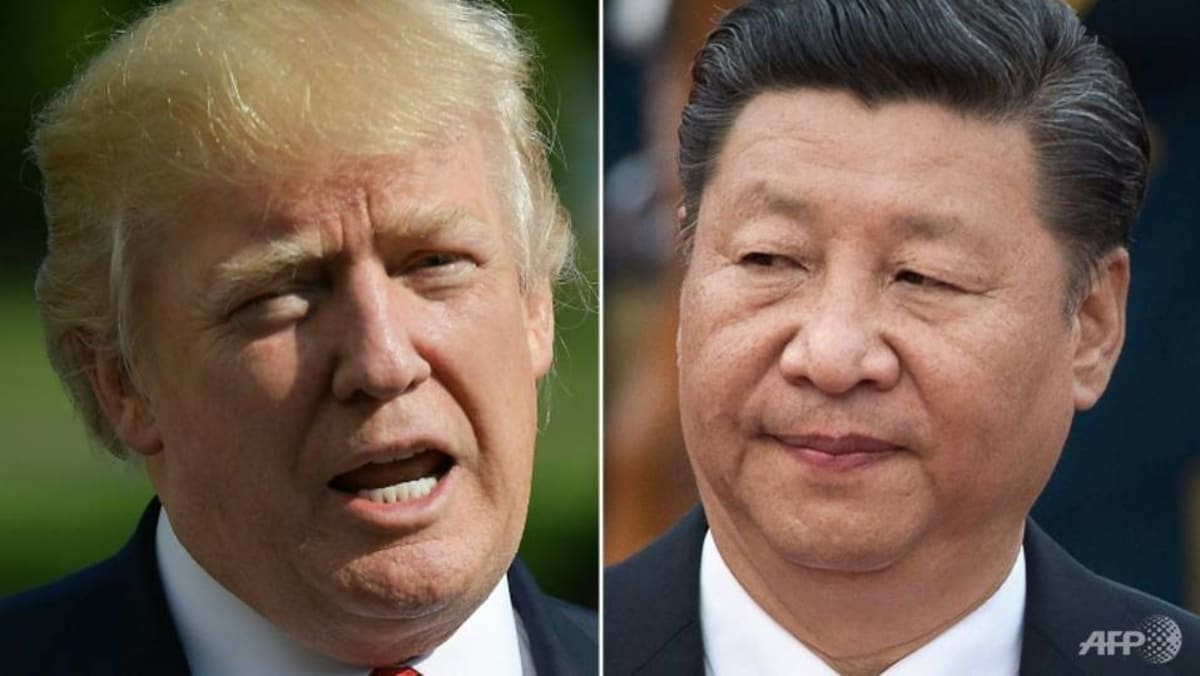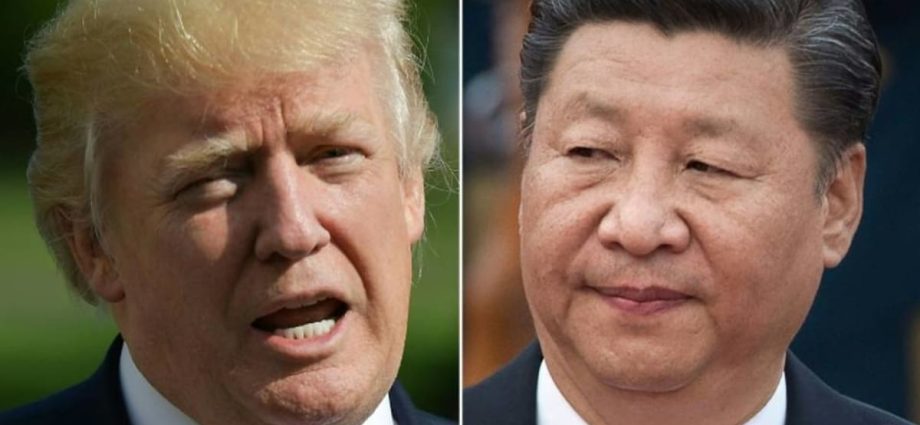
WILL BEIJING’S PRIORITIES CHANGE?
Until recently, Xi’s stimulus was entirely a domestic affair.
Ministry-level officials have promised the largest one-time debt swap in recent years to improve municipal finances. The state will also buy unsold housing to stabilise property prices, as well as boost banks’ capital buffer to increase their willingness to lend in a weak economy.
All these are sensible blueprints to lift China out of deflation.
But a Trump win can change Beijing’s priorities again. His hawkish rhetoric on Chinese imports, as well as the wide latitude that the US president enjoys in setting and imposing tariffs, directly threatens Xi’s ultimate passion of transforming China into a high-end manufacturing powerhouse.
China has certainly reacted to Trump’s moves before. After Huawei was placed on the US trade blacklist in 2019, state resources were poured into industrial upgrades. Huawei alone received over US$1 billion in government grants last year, more than quadruple the amount in 2019, in part a reflection that President Joe Biden has furthered Trump’s tough trade policies.
Bank lending to industrial firms has also soared in that time; meanwhile, real estate developers are struggling to refinance. In July, the government said it would spend 300 billion yuan (US$42 billion) to expand an existing trade-in and equipment upgrade programme as a way to boost consumption but also to absorb industrial production.

